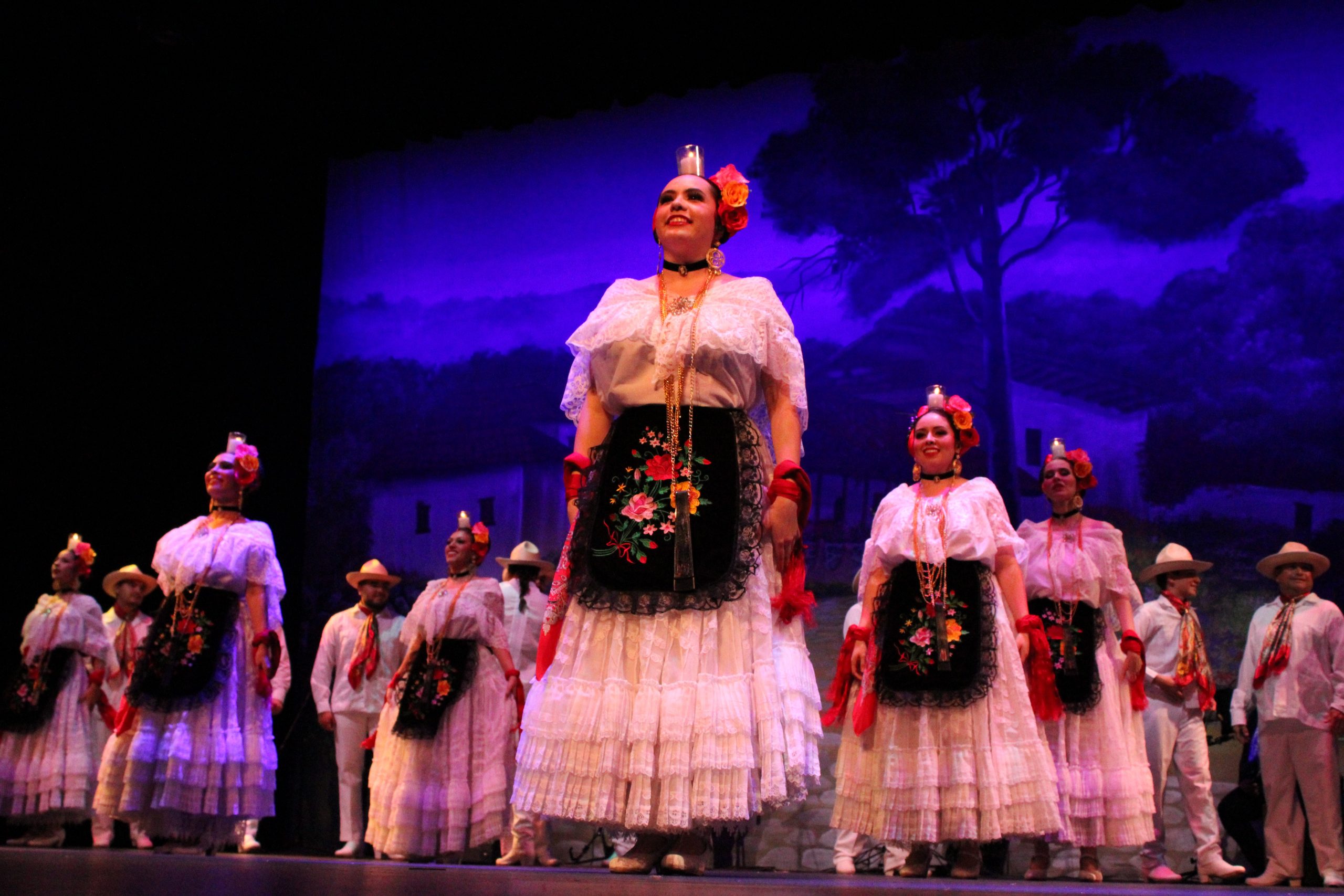 For many outside of the political mainstream, election season can often be somewhat of a drag. From the sudden influx of political association that seems only to emerge from usually unconcerned peers during this time of the season, to the timeless primetime classics that are the presidential debates. Nothing affirms one’s dissatisfaction with the current form of political commercialism and spectacle than the celebration of the nation’s semi-democratic process that serves as what the presidential debate has become.
For many outside of the political mainstream, election season can often be somewhat of a drag. From the sudden influx of political association that seems only to emerge from usually unconcerned peers during this time of the season, to the timeless primetime classics that are the presidential debates. Nothing affirms one’s dissatisfaction with the current form of political commercialism and spectacle than the celebration of the nation’s semi-democratic process that serves as what the presidential debate has become.
As the candidates of the two majority parties struggled to specifically outline how much their policies differed from one another, Green Party presidential candidate, Jill Stein along with her running mate Cheri Honkala, were arrested for attempting to enter the grounds of Hofstra University and handcuffed to chairs for eight hours while being the only two detainees in a holding area designated for protestors.
As Stein proclaimed: “We are here to bring the courage of those excluded from our politics to this mock debate, this mockery of democracy.”
The complacency of the two main parties towards the brutal handling of the presidential candidate from an opposition party would be decried as signifying corruption and oligarchy if it happened in another country.
At the least, what this signifies is how closed off the spectrum of debate is in the presidential race and how the televised presidential debates have simply become an echo chamber where candidates merely debate over the particulars of their policy initiatives while agreeing on the overall approach to the issues.
According to a leaked 21-page memorandum that outlined the debate rules as agreed upon by both campaigns, chances of any spontaneity occurring are little to none. As John Cook of Gawker put it, the rules, which include candidates not asking each other direct questions and shutting off the microphones of participants in the town hall debate so they may not ask follow up questions, shows both candidates to be “sniveling cowards.”
Yet, even without these backdoor agreements to how the debates should be conducted, it would matter little when the candidates seem to agree on some of the most core issues.
As Glenn Greenwald of the Guardian observed in his article “Martha Raddatz and the faux objectivity of journalists,” most of the views brought in by the candidates start firstly from a sort of “DC consensus,” oriented to the assumption that establishment policy interests and statements are the only sides of an issue that matter, rather than the side of the coin that leaves the future of working families hanging all across the country.
For example, when Raddatz posed the question concerning Social Security and Medicare, she began from the assumption that the programs were going broke and taking a larger share of the budget in the process. But as Greenwald outlines, by opening the question with this premise, Raddatz already disregards the findings of several economists and journalists that dispute the claim and chooses, instead, to present the view of the DC orthodoxy.
And it is not simply on this topic. Both president Obama and governor Romney share similar positions when it comes to issues that do not always seem to make it in to the debate palette – civil liberties, austerity budgets, education. In fact, it was the sort of corporate reform for education pushed by both parties that formed the impetus for last month’s strike by the Chicago Teachers Union – an action that saw political commitment opt out of ballot box solutions for community engagement.
It was a strike that stood firm against the interests of a Democratic mayor, a former Obama Administration official who would receive the backing of both Mitt Romney and Paul Ryan.
How perfect an indicator then, for routes out of the sort of pageantry and spectacle that make up the great American presidential race. Routes that can lead to debates that tackle issues from all perspectives, without fluff about Big Bird or binders full of women memes.
Where debates serve as tribunals for aspirants to the highest position in government conducted by the American people, rather than staged events where candidates of the two ruling parties can walk around the similarities that keep them tied to establishment interests.
Saturday, July 27, 2024
A DEL MAR COLLEGE STUDENT PUBLICATION




